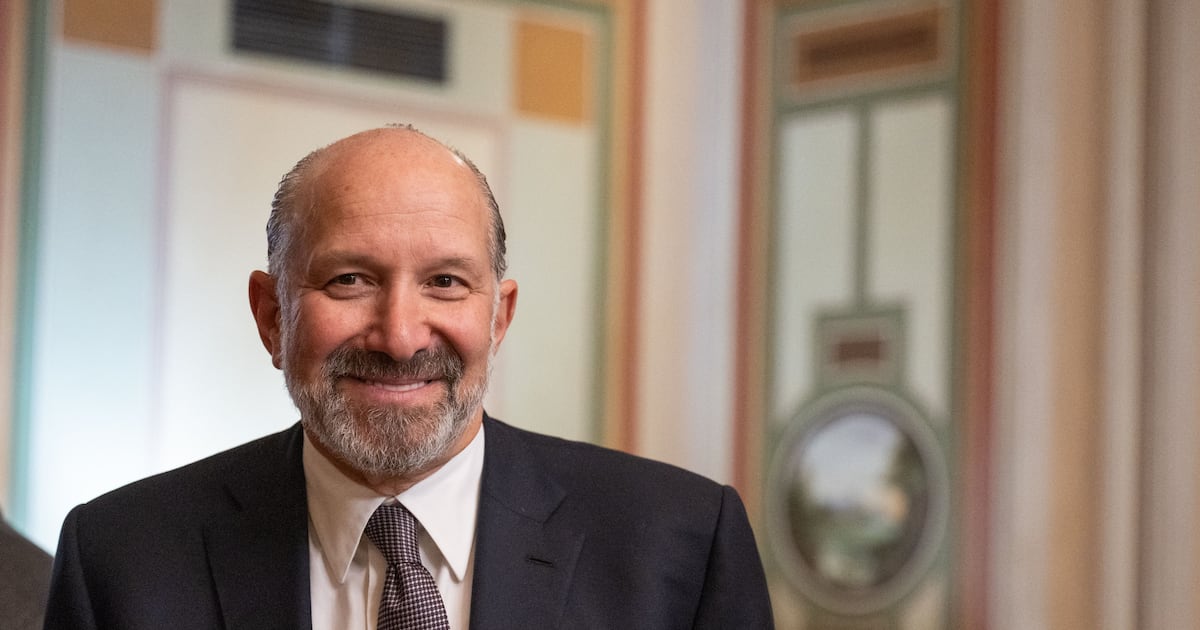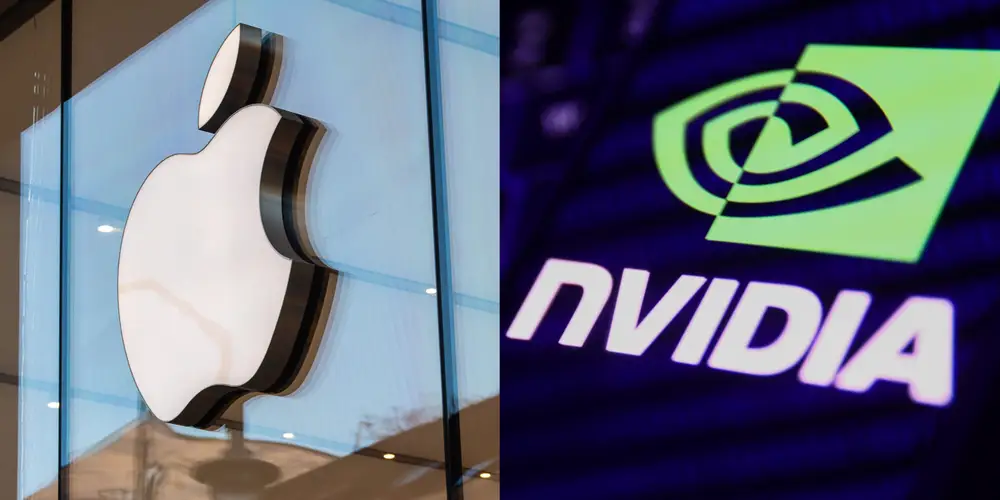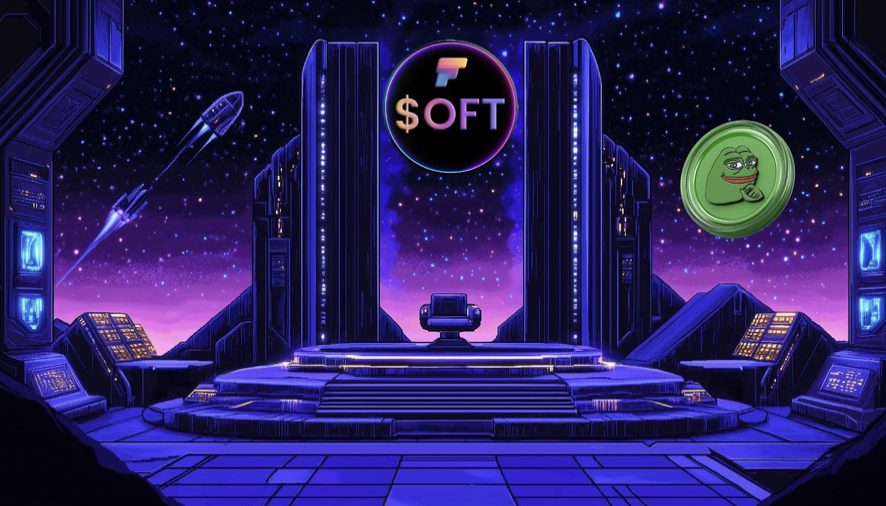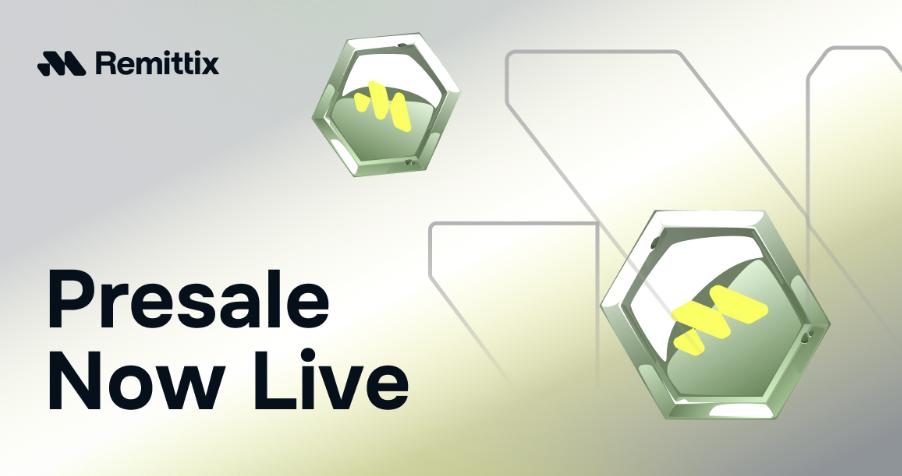
Goldman Sachs is preparing to spin out its digital assets platform into a new company focused on leveraging blockchain technology for large financial institutions. According to Mathew McDermott, Goldman’s global head of Digital Assets, the platform leverages blockchain to enhance efficiency.
More so, the platform will streamline the creation, trading, and settlement of financial instruments. The spin-out process, still in its early stages, is expected to be executed within the next 12 to 18 months, subject to regulatory approvals.
Goldman Sachs Plans Blockchain Platform Spin-Out
According to recent reports, Goldman Sachs intends to establish an independent company to operate its digital assets platform. The platform will use blockchain technology to facilitate financial transactions. Consequently, the initiative will create an industry-owned platform enabling financial institutions to issue, trade, and settle assets like bonds and cash efficiently.
Mathew McDermott, global head of Digital Assets at Goldman, confirmed the plans noting,
“If you are trying to build out a scalable marketplace, you want to have the right strategic participants embracing this technology. You want a number that is nimble enough to operate, driven by the commercial use cases.”
The bank’s timeline for the spin-out spans 12 to 18 months, contingent on regulatory approvals. While the company will manage the transition, it also plans to enhance the platform’s capabilities and develop new commercial use cases, making it more appealing to market participants.
Tradeweb Joins As First Partner
Tradeweb Markets Inc. has been announced as the first strategic partner for Goldman Sachs’ digital-assets platform. The collaboration will focus on creating innovative commercial use cases, further strengthening the platform’s utility for financial firms.
Additionally, the partnership reflects a growing trend among large institutions to integrate blockchain technology into traditional financial systems.
The inclusion of external stakeholders will make the platform industry-neutral and scalable, addressing concerns from firms reluctant to engage in systems developed solely by competitors. Goldman has emphasized the importance of attracting strategic participants to ensure the platform’s success in areas like tokenizing funds for collateral use.
In addition to the planned spin-out, Goldman Sachs is enhancing its digital asset offerings. The bank is exploring secondary transactions in private digital asset companies. This will provide liquidity options for family offices and other clients. According to McDermott, the approach will allow buyers to capitalize on private market discounts.
Moreover, Goldman is preparing to resume Bitcoin-backed lending services, reflecting its commitment to offering comprehensive financial solutions in the digital asset space. The company’s digital assets platform, initially launched in 2022, has already supported transactions such as issuing bonds for the European Investment Bank.
The planned spin-out aligns with Goldman Sachs’ history of separating internally developed software platforms. Past examples include REDI Technologies in 2013 and Simon, a structured investments marketplace, in subsequent years. This approach has allowed the bank to scale innovative technologies while maintaining its core team and expertise.
More so, the new entity will integrate blockchain into mainstream financial systems by addressing inefficiencies in asset trading and settlement. The venture follows a recent $718 million investment in Bitcoin ETFs, signaling growing institutional interest. This includes significant stakes in BlackRock iShares Bitcoin Trust and Grayscale GBTC, highlighting the increasing embrace of crypto by traditional finance.
The post Goldman Sachs To Create Industry-Owned Blockchain Platform for Financial Trading appeared first on CoinGape.

 2 months ago
29
2 months ago
29









 English (US) ·
English (US) ·